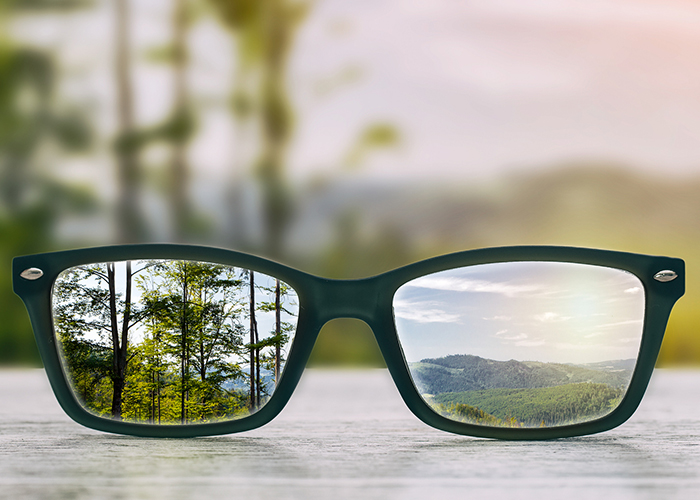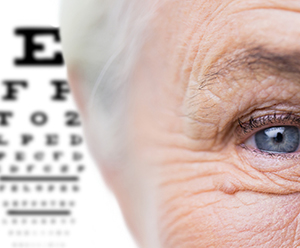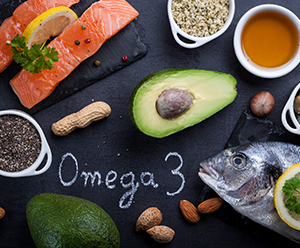 Each year millions of folks across the country will experience some kind of problems with their eyes. A lot of these conditions are easily corrected but some can result in loss of vision or even blindness. According to the National Eye Institute, the number of people who will be affected by age-related cataracts, glaucoma and macular degeneration will double in the next 30 years. We all seem to accept the fact that as we get older our vision will begin to fade. That might be true but there’s no reason why you can’t be proactive about protecting your vision starting today. His what you need to do:
Each year millions of folks across the country will experience some kind of problems with their eyes. A lot of these conditions are easily corrected but some can result in loss of vision or even blindness. According to the National Eye Institute, the number of people who will be affected by age-related cataracts, glaucoma and macular degeneration will double in the next 30 years. We all seem to accept the fact that as we get older our vision will begin to fade. That might be true but there’s no reason why you can’t be proactive about protecting your vision starting today. His what you need to do:
 Annual Eye Exams
Annual Eye Exams
Even if your eyes are healthy and you don’t wear glasses you should still be getting annual eye exams along with your annual wellness physicals. The only way to be certain that your eyes are totally healthy is to have a trained ophthalmologist examine them. This is especially important for anyone over the age of 60. One of the many tests that an aftermarket form is to dilate your eyes to examine them more thoroughly.
 Eat Eye Healthy Foods
Eat Eye Healthy Foods
There are healthy foods that should be part of your diet to help control your cholesterol and weight. But there are also foods that can help improve your eye health. As it turns out, these are a lot of the same foods such as seafood like salmon, halibut, sardines and tuna that are rich in omega-3 fatty acids. Those assets can play an important role in improving the ocular surface that might be inflamed and fortify the eye against future disease or injury.
 Watch Your Weight
Watch Your Weight
Being over rates put you at a higher risk for diabetes. That in turn can lead to a loss of vision. A lot of medical studies support the notion that losing weight is not only good to be good for your overall health but also for your eyesight. Best of all, eating a healthy diet and exercising can happen at any age.
 Wear Sunglasses
Wear Sunglasses
People who have prescription eyeglasses will also have prescription sunglasses and that puts them ahead of the eye protection game. However, just because you don’t wear glasses indoors doesn’t mean you should be wearing sunglasses outdoors. You should be wearing shades that block up to 99% of UVA and UVB radiation. That means being selective with your sunglass shopping. You might be able to skip the sunscreen for quick trip outdoors but you should never leave the sunglasses at home.
 Rest Your Eyes
Rest Your Eyes
A good portion of the population spends a lot of time staring at a computer screen all day. This can lead to fatigue eyes. People who work the computer should adopt the 20-20-20 rule. For every 20 minutes at the computer, stop and look at something that is at least 20 feet away for around 20 seconds. That’s certainly not a lot to ask to protect your eyes!







